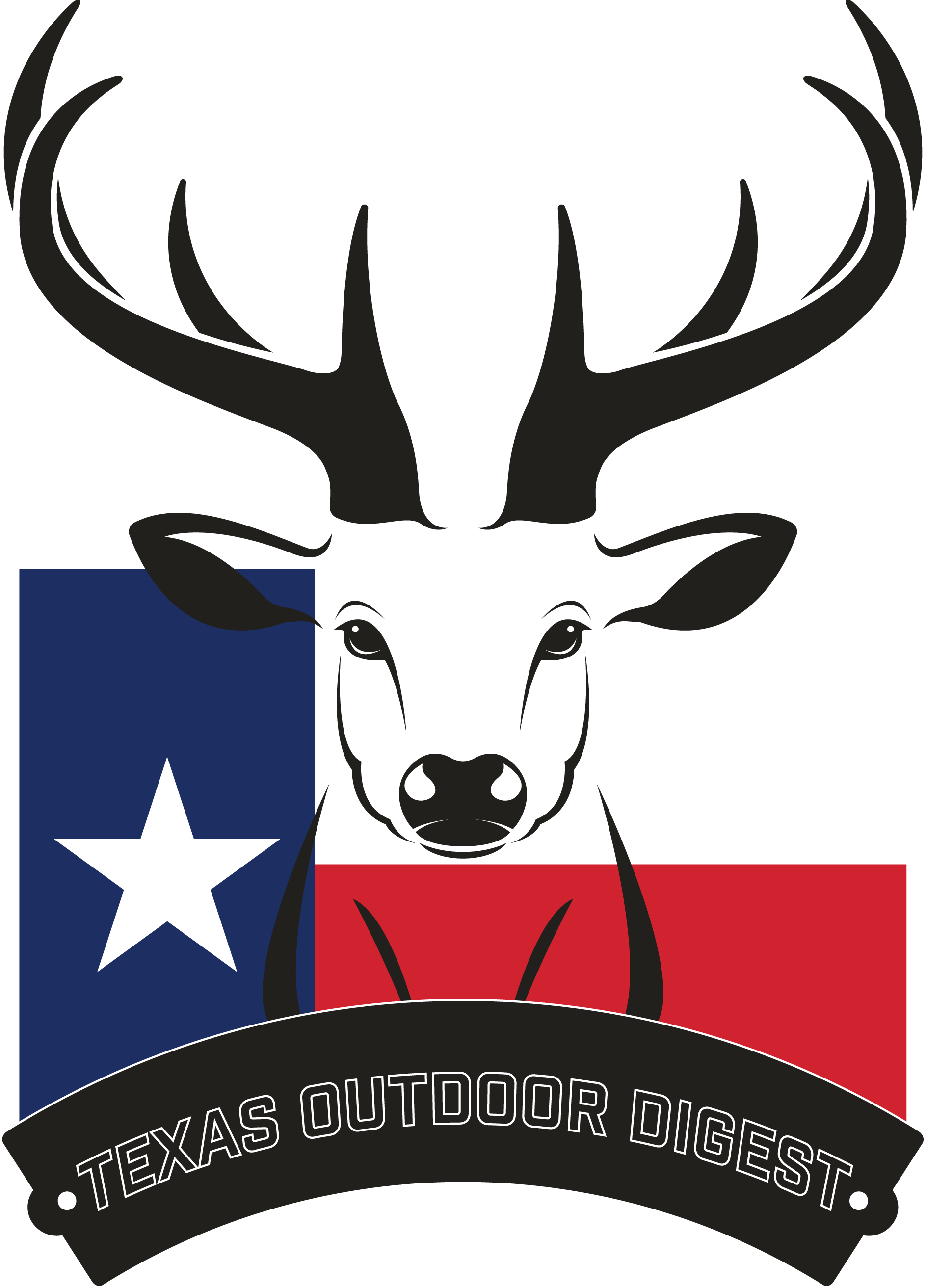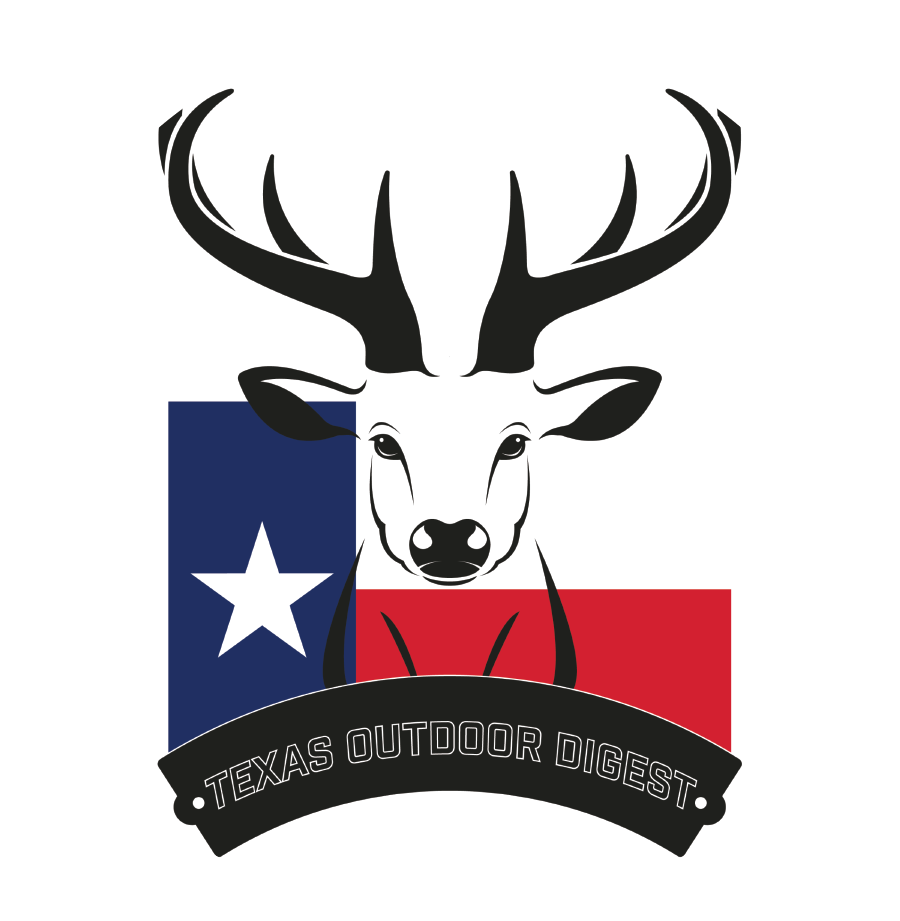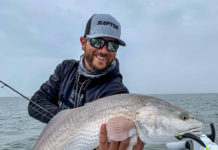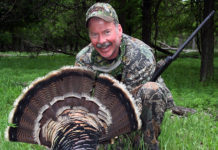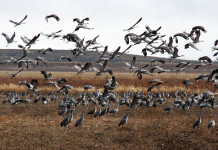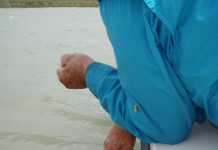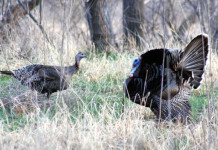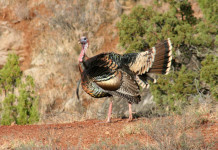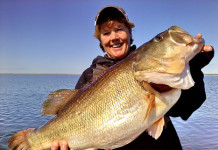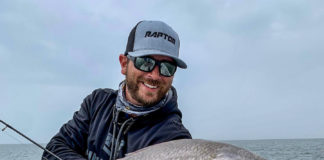The Daily Texas Outdoor Digest is sent to your inbox to keep you up to date about hunting, fishing, conservation and outdoors pursuits making headlines and going viral in the Lone Star State and beyond. It’s free, so subscribe today!
Here’s what’s worth reading today, Thursday, August 29, 2019:
Game wardens stress safe boating over Labor Day weekend as Kali’s Law takes effect: Game wardens will be out in force patrolling the waterways over the Labor Day holiday weekend to help ensure Texans make it back home safely. They’ll also be educating folks about Kali’s Law, the new mandatory ignition “kill switch” requirement for boat operators that goes into effect Sept. 1. Kali’s Law was established in response to the fatality of Kali Gorzell, a 16-year-old girl who was struck and killed by a boat propeller near Aransas Pass in 2012. An ignition safety kill switch shuts off the boat motor automatically if the operator is thrown from the helm. The law requires operators of boats less than 26 feet in length that are equipped with an ignition safety kill switch to use it whenever the vessel is moving at greater than headway speed. Headway speed is defined as slow, idle speed, or speed only fast enough to maintain steerage on course. The new law does not require the retrofitting of older vessels that are not equipped with a kill switch.. It does not permit the removal of a kill switch device that was originally installed on the vessel. Wireless kill switch devices are permitted for those with concerns about the lanyard style devices.
‘Kali’s Law’ requiring kill switches on boats 26 feet or less in Texas begins Sept. 1
New Texas laws affecting feral hog hunting, license validation take effect Sept. 1: Feral hogs are so loathed by landowners in Texas for their habitat destroying behavior that beginning Sept. 1, you won’t even need a hunting license to pursue them on private property. That’s when a new law takes effect removing even more obstacles from controlling hog numbers. The new law, SB 317 by Sen. Bryan Hughes (Mineola), passed during the 86th Texas Legislature and exempts any person (resident or nonresident), with landowner consent, from a hunting license requirement to hunt feral hogs. It is still a violation to hunt without a license if hunting without consent. The new law removes any reference to depredation and the exemption applies for the take of all feral hogs. The new law only applies to private property, and is irrelevant of whether or not it is a paid hunt, although allowing hunting access in return for financial or other consideration still requires a hunting lease license from the Texas Parks and Wildlife Department. A hunting license is still required on public land. Hunter education requirements also still apply.
Texas hog hunting can be done without a hunting license in September
East Texas hunters anticipate new deer hunting rules: East Texas hunters are gearing up for the first of the hunting seasons that signal the oncoming of fall, and they’ll find some changes are coming statewide to deer season. East Texas game wardens like Kurt Kelley are busy preparing for the upcoming hunting seasons, and educating hunters on a major change in the upcoming deer season. “Texas has got a long deer season, longest season in the United States. I’d actually call it a big change, it’s a big plus for this part of the state. They’ve implemented in Wood County and surrounding counties, a 16-day doe season which starts on November 2 and goes all the way to the 17. And that actually allows the hunter one hunter to harvest two does,” Kelley says.
Hunting aoudads is lucrative, but it’s also getting in the way of bighorn sheep conservation: Froylan Hernandez has spent the better part of the last two months counting sheep from a helicopter. That’s not a metaphor or a kind of experimental sleep study; it’s his job. “Oh, that’s a pretty good-sized group,” Hernandez says, looking down from the helicopter. Hernandez is the desert bighorn sheep program leader for the Texas Parks and Wildlife Department. He rides in the helicopter each summer for a bighorn census. It’s the most effective method out in the West Texas mountains. But even though he’s looking for bighorns, he mostly finds another kind of sheep. Aoudads – also known as Barbary sheep – are all over West Texas, but they’re originally from North Africa. They have a long set of horns that curl back into a crescent shape, and a distinctive strip of long, shaggy hair on their neck and chest. They were brought to Texas in the 1950s as exotic game. Since then, wild populations have flourished in the dry, rocky terrain. In fact, from Hernandez’s point of view, they’ve been too successful.
Use those items in your hunting pack for more than emergencies: Every year, hunters find themselves deeper into rugged country than they expected, staying longer than they planned, or they might encounter an unexpected situation. Add to that the fall weather — which in Idaho means anything from 70 degrees and sunny to rain, snow and sub-freezing temperatures and sometimes within hours of each other — and there’s a recipe for a potentially hazardous situation. For all those reasons, it’s smart for hunters to carry survival gear. But don’t think of it as strictly for a worst-case scenario. You can also use it during your normal hunts and still have it available if something goes wrong.
An island without fish? Cuba aims to tackle problem with law overhaul: In the sleepy Cuban fishing village of Cojimar that inspired Ernest Hemingway’s “The Old Man and the Sea,” locals say they are struggling to catch fish. Cuba’s fish stocks have dropped drastically in recent decades due to overfishing and environmental factors, scientists say, prompting the country last month to pass a law imposing new regulations on the fishing industry. “We catch less, about half of what we once did,” said Carlos Duran, a leathery-skinned 63-year-old who has been fishing for more than four decades. “Some people go out 10 times without catching anything at all.” Cuba estimates the population of the 54 species it fishes commercially, such as grouper and snapper, has declined 44 percent in the last five years with catches falling 70 percent over that period.
Stay in the Know With The Daily Texas Outdoor Digest
If you haven’t subscribed yet, there’s no better time than right now (We hate spam and we won’t share your information with anyone. That’s just not cool):
